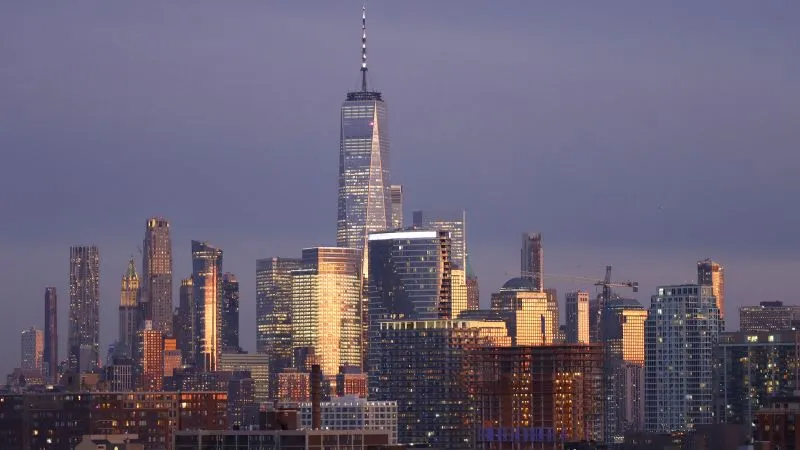Working from home could wipe $800 billion from office values globally
Working from home could wipe $800 billion from office values globally

www.cnn.com
Working from home could wipe $800 billion from office values globally | CNN Business

McKinsey said cities could adapt to the declining demand for office space by “taking a hybrid approach themselves,” developing multi-use office and retail space and constructing buildings that can be easily adapted to serve different purposes.